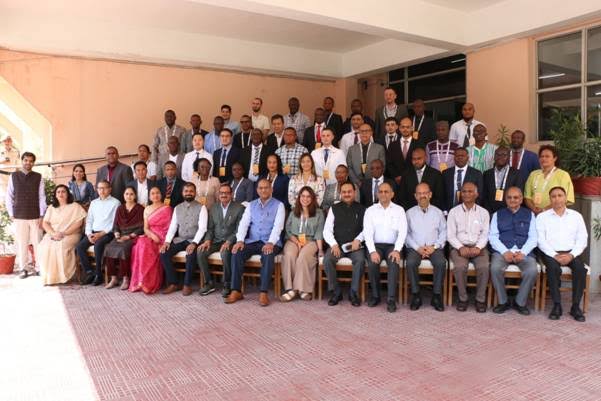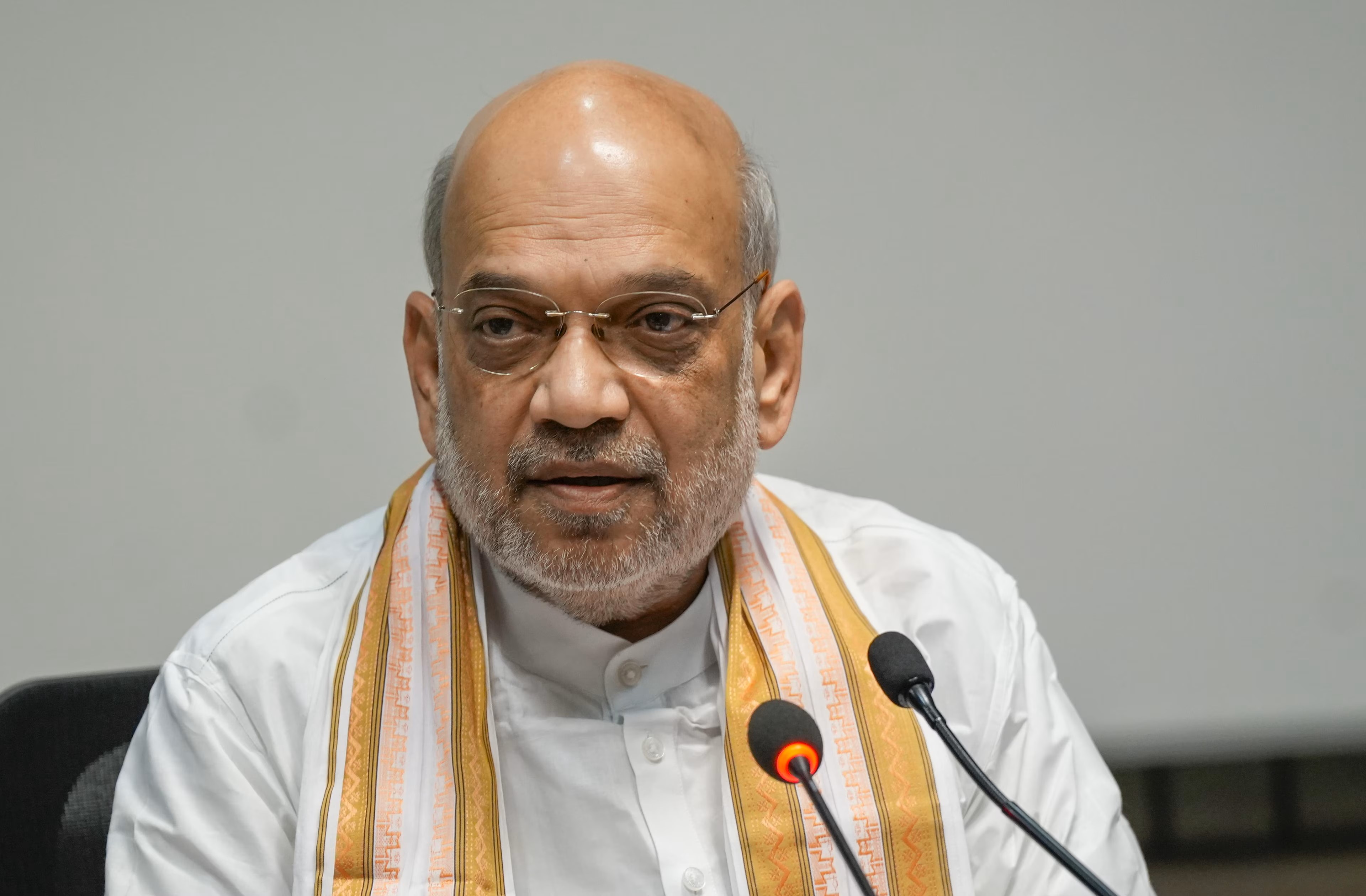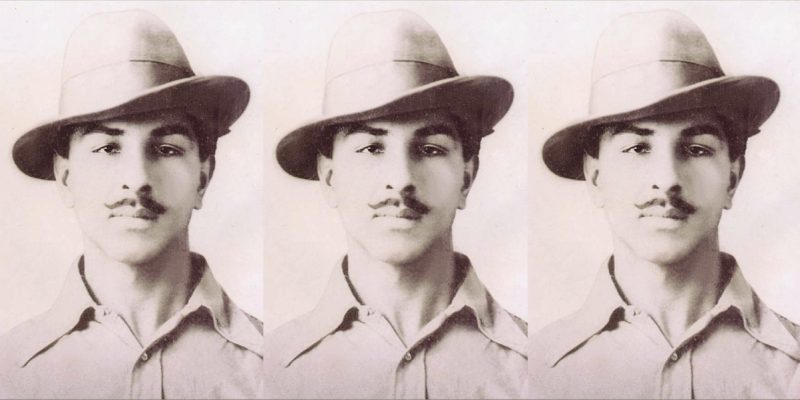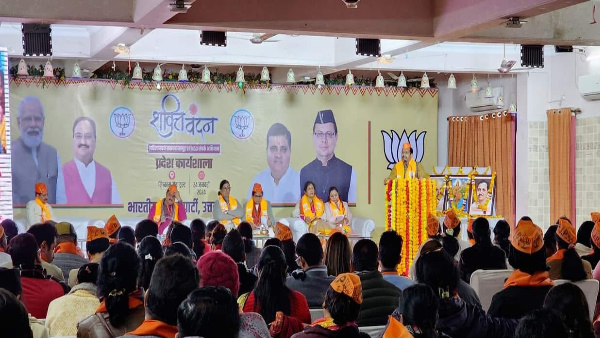The six-day International Workshop on Land Governance, hosted at the Haryana Institute of Public Administration in Gurugram, came to a meaningful conclusion today. Organized by the Ministry of Panchayati Raj in collaboration with the Ministry of External Affairs under the Indian Technical and Economic Cooperation programme, the event brought together senior officials from 22 countries across Africa, Latin America, and South-East Asia. It served as a platform for open dialogue, learning, and experience-sharing, fostering international cooperation on one of the most fundamental issues faced by many developing nations—land governance.
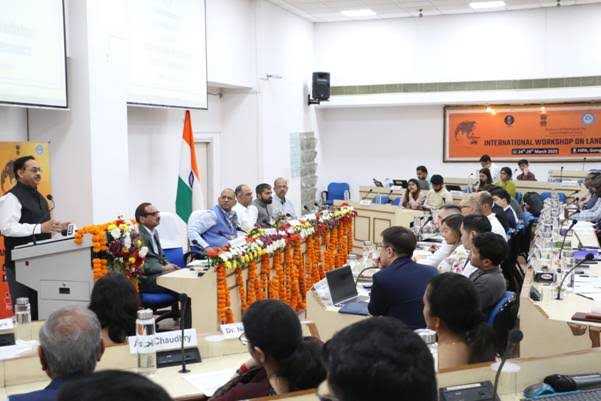 Throughout the workshop, delegates engaged in constructive discussions, interactive sessions, and field demonstrations, gaining insights into India’s technological advancements and people-centric approach to land administration. Participants expressed a strong desire to organize similar workshops in their own countries, recognizing the value of such exchanges in building transparent, efficient, and citizen-friendly systems.
Throughout the workshop, delegates engaged in constructive discussions, interactive sessions, and field demonstrations, gaining insights into India’s technological advancements and people-centric approach to land administration. Participants expressed a strong desire to organize similar workshops in their own countries, recognizing the value of such exchanges in building transparent, efficient, and citizen-friendly systems.
In his concluding address, Shri Vivek Bharadwaj, Secretary of the Ministry of Panchayati Raj, spoke about India’s commitment to ensuring that the benefits of modern land governance technologies are shared widely, especially with countries in the Global South. He highlighted the success of India’s flagship SVAMITVA Scheme, which has transformed rural land ownership by providing clear records of rights and helping reduce long-standing property disputes. Shri Bharadwaj emphasized that India’s progress in digital land administration is not just for domestic benefit but can support better policymaking worldwide. His words reflected India’s larger vision of South-South cooperation, extending support and expertise to partner nations facing similar challenges.
During the course of the workshop, participants were introduced to cutting-edge solutions like drone-based surveys, digital property records, and real-time land data monitoring. Delegates witnessed a live demonstration of drone technology in Alipur Gram Panchayat, Gurugram, offering them a practical glimpse of how technology can simplify land surveys while keeping local communities at the center of the process. India’s use of advanced technologies such as GIS mapping, Continuous Operating Reference Stations, and even Artificial Intelligence in updating land records was met with keen interest and appreciation.
The workshop not only provided technical training but also offered an opportunity for delegates to share their own country-specific experiences and challenges in land administration. Many participants voiced the need for collaborative efforts and knowledge-sharing platforms like this one to improve land governance and reduce inequalities in access to land rights.
Beyond the intense technical sessions, the workshop also ensured that the foreign delegates experienced India’s rich cultural heritage, with visits to iconic sites like the Taj Mahal in Agra and other landmarks in New Delhi, including the Survey of India Lab and the Pradhan Mantri Sangrahalaya.
The SVAMITVA Scheme, which formed the core of India’s presentation, has already mapped over 3.2 lakh villages and issued more than 2.43 crore Property Cards across the country. It has not only resolved ownership disputes but also empowered rural citizens to access loans and financial services, strengthened local governance, and opened new avenues for development by increasing property tax revenues for infrastructure projects. The scheme’s transparent, technology-driven approach has become a model for many countries looking to modernize their land governance systems.
As the workshop concluded, it left behind a sense of shared purpose and hope—that collaboration, learning, and technology can bridge the gap between people and their rights over land, ensuring dignity, security, and prosperity for millions across the globe.

